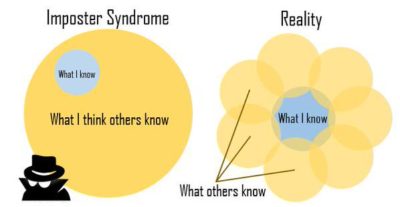
6 10” English-style bone-in beef short ribs (about 4.5 kg). English short ribs are cut lengthwise along the bone, so the meat sits on top. With a day or two of notice, any butcher should be able to cut them to order.
Kosher salt and freshly ground black pepper
BBQ sauce
Season short ribs generously with salt and pepper; place in a large roasting pan and chill, uncovered, 12 hours.
Preheat oven to 325F/160C. Add 1 cup water to roasting pan. Cover pan with foil and cook until meat is tender, 2.5–3 hours. Uncover pan, baste generously with BBQ sauce and increase oven temperature to 400F/200C. Roast until ribs are browned on top, 25–30 minutes longer.


